Good morning, It’s Wednesday, April 23rd. In today’s news, Pierre Poilievre pledges to defund woke science, Conservatives lay out their economic plan, the Chinese Communist Party threatens a Conservative candidate, Canada makes border progress but Trump says “not good enough,” and much more.
First time reading the daily blend? Sign up here.
Poilievre Pledges to Defund Woke Science: Why Taxpayers Shouldn't Pay for Ideological Indoctrination
Pierre Poilievre has sparked outrage by pledging to end federal funding for university research that promotes “woke ideology.” Predictably, the media-academic complex is in meltdown. A CTV News article claims ‘woke’ is “so vague that it could mean anything. It just means things that they don’t agree with.”
But this is pure gaslighting. “Woke” is not some nebulous, undefinable buzzword—it’s a modern mutation of Marxist ideology, and we’ve broken down its 200-year evolution in detail. It reduces all human relationships to systems of power and oppression, demands conformity in the name of “equity,” and uses identity as a moral hierarchy. It’s not progressive—it’s authoritarian.
And its dominance in academia isn’t accidental—it’s strategic.
John Connelly’s Captive University outlines exactly how Marxist regimes in East Germany, Poland, and Czechoslovakia seized control of universities after World War II. First, dissenters were purged—anyone insufficiently loyal to the regime was removed. Then, under qualified students from “oppressed” backgrounds were elevated, not based on merit but on loyalty and class identity. The goal wasn’t education—it was ideological control.
Andrew Lobaczewski, who lived through Soviet rule, describes the same dynamic: tyrants at the top mirrored by tyrants at the bottom. Dissent becomes dangerous. People conform not because they agree, but because it’s the only way to survive. Meanwhile, students who struggled academically were pushed through the system anyway—standards lowered to meet ideological quotas. Those who adapted best to the dysfunction rose fastest. It was a machine for producing obedient mediocrity.
That’s the real threat to freedom—not Poilievre’s plan to cut funding, but the ideological capture of education by those who see free inquiry as dangerous.
And let’s not forget—these are the same people who champion Bill C-63, which would allow the government to fine Canadians up to $50,000 for speech it deems “harmful.” Apparently, government-imposed speech laws are fine—but reducing government subsidies for ideological activism? That’s tyranny!
Let’s be clear: Freedom of speech does not require taxpayer dollars.
If these university programs are as valuable and necessary as their defenders claim, they should survive on merit in a free market. If they can’t, that tells you everything.
End the brainwashing. Pull the funding.
Conservative Economic Plan: Slash Deficit by 70%, Cut Taxes and Leverage Natural Resources
In the lead-up to the 2025 Canadian federal election, the Conservative Party, led by Pierre Poilievre, unveiled a costed campaign platform that promises to reduce Canada’s federal deficit by 70% within four years while delivering over $70 billion in tax cuts and $34 billion in new spending by 2028-29. The plan emphasizes fiscal discipline, economic growth through resource development, and a streamlined government, positioning the Conservatives as a transformative alternative to the Liberal government’s fiscal policies.
Deficit Reduction Through Spending Cuts and Efficiency
The cornerstone of the Conservative platform is a commitment to shrink the federal deficit from the Parliamentary Budget Office’s projected figures to a modest $14 billion by the end of a first term. This ambitious 70% reduction would be achieved through targeted cost-saving measures, including slashing spending on bureaucracy, outside consultants, and foreign aid. Poilievre’s “dollar-for-dollar” rule ensures that every new dollar of spending is matched by a dollar in savings, reinforcing fiscal responsibility without compromising essential services. The plan also includes a pledge to cut the federal government’s consultant budget by $10 billion annually, bringing it back to levels seen under the Harper government, as excessive outsourcing currently costs the average family over $1,000 in taxes each year.
Tax Cuts and Economic Growth
The Conservative platform prioritizes tax relief to stimulate economic activity, projecting over $70 billion in reductions, including a $14 billion annual income tax cut once fully implemented and the elimination of the GST on new homes under $1.3 million. Poilievre argues these measures will ease the cost-of-living crisis and spur growth. The party anticipates generating billions in new revenue, largely from $20 billion in tariffs and an additional $70 billion through economic expansion driven by deregulation and resource development. Critics, including Liberal Leader Mark Carney, have labeled the revenue projections as “phantom numbers” reliant on optimistic economic assumptions, but the Conservatives counter that their policies will boost GDP by 1% through reduced red tape and increased energy production.
Unleashing Canada’s Resources
A key pillar of the plan is to revitalize Canada’s energy and resource sectors by removing regulatory barriers. The Conservatives propose repealing Liberal legislation like Bill C-69 (Impact Assessment Act) and Bill C-48 (oil tanker moratorium), which they argue stifles investment. They also plan to establish a National Energy Corridor for rapid infrastructure approvals and a Rapid Resource Project Office to streamline regulations. Scrapping the carbon tax on industries is another priority, which Poilievre claims will lower costs and enhance competitiveness. These measures aim to “unlock the power of our resources,” driving economic growth and job creation while contributing to deficit reduction through increased revenues.
Additional Commitments and Social Policies
Beyond fiscal and economic reforms, the platform reaffirms Poilievre’s campaign promises, such as maintaining social programs like dental care and pharmacare, despite NDP and Liberal claims of planned cuts. On public safety, the Conservatives pledge to end “catch and release” policies, deport visa holders who “terrorize” communities, and re-legalize life sentences without parole for mass murderers using the notwithstanding clause. Poilievre also promises to lift the ban on single-use plastics, citing a $1.3 billion economic cost over a decade, and hold referendums on any new taxes to ensure voter approval.
A Blueprint for Prosperity
The Conservative Party’s costed platform is a bold blueprint for Canada’s future, blending aggressive deficit reduction with substantial tax cuts and a pro-resource economic strategy. By prioritizing efficiency, deregulation, and fiscal discipline, Poilievre aims to restore affordability and prosperity while navigating a challenging fiscal landscape. As the election nears, the plan’s feasibility and optimistic revenue projections will face scrutiny, but its clear vision and contrast with Liberal spending policies make it a defining element of the 2025 campaign. Full Plan
The Chinese Communist Party Is Threatening Conservatives in Canada—and Liberals Are Letting It Happen
Canada can no longer call itself a functioning democracy when hostile foreign regimes place bounties on candidates’ heads, intimidate them into silence, and our ruling class responds with cowardice, delay, and denial.
Six days before a federal election, Conservative candidate Joe Tay has paused in-person campaigning—not due to illness or scandal, but because of a threat to his safety from the Chinese Communist Party. Tay, a pro-democracy activist and former Hong Kong journalist now running in Don Valley North, was identified by Canada’s SITE task force as the target of a coordinated campaign of transnational repression by Beijing.
The tactics are textbook: digital suppression, mass disinformation across Chinese-language platforms, and veiled threats amplified by Beijing-linked accounts. The goal isn’t just to silence Tay—it’s to send a message to every Chinese Canadian who dares to speak out.
Liberal Paul Chiang, recently had to step down after telling Chinese-language media that Joe Tay could be turned over to the Chinese consulate to claim a bounty on his head. The Liberals then replaced Chiang with Peter Yuen—a former police deputy chief already implicated in foreign interference activities. Instead of confronting the threat, the Liberal Party appears to be accommodating it.
This isn’t the first time Don Valley North has been engulfed by scandal. In 2019, Liberal MP Han Dong secured the nomination in the riding under controversial circumstances. Intelligence sources later revealed that Chinese international students—under pressure from Beijing-linked consular officials—were allegedly bused in to swing the nomination in Dong’s favour. Then in 2023, Global News reported that Dong had advised Chinese Communist Party officials to delay the release of Michael Kovrig and Michael Spavor—two Canadians held hostage in China—in order to avoid benefiting the Conservative Party politically.
And let’s be clear: these aren’t fringe districts. Don Valley North and Markham–Unionville are key battleground ridings that play a major part in the outcome of the entire election. If foreign regimes can sway even a few, they can tip the balance of power in Parliament.
The response from Canada’s major political parties reveals a growing chasm. The Liberals, now under Mark Carney, deflect with hollow references to past legislative efforts and vague, noncommittal language about “responding” to Bill C-70—the very bill that created a long-overdue foreign influence registry. But nearly a year after it passed, that registry still hasn’t been implemented. In the face of blatant foreign interference, the Liberal Party has done virtually nothing—offering delay, distraction, and denials instead of action. Civil society groups have rightly called this inexcusable.
The Conservatives, by contrast, have pledged to fast-track implementation of the registry and explicitly link foreign interference with broader national security threats like money laundering. Michael Chong, who himself has been targeted by the CCP, laid out the party’s plan to empower security agencies and take direction from intelligence officials.
This is more than just an election issue. It’s a test of whether Canada has the political will to protect its citizens from authoritarian intimidation—or if we’re content letting foreign regimes dictate who gets to run for office in our democracy.
Canada Makes Border Progress, But Tariffs Stay: Trump Says 'Not Good Enough'
White House Press Secretary Karoline Leavitt touted progress at the Canada-US border, citing a 95% drop in northern border apprehensions, but offered no clarity on when Trump might lift tariffs on Canada. Despite Canadian efforts to boost border security and tackle fentanyl trafficking, Trump has maintained steep tariffs—25% on non-CUSMA-compliant goods and 10% on energy. While Leavitt says 18 countries have proposed trade deals, it’s unclear if Canada’s actions will ease tensions. PM Mark Carney said Trump is open to negotiating a new post-election agreement. More
How China is Building a Backdoor Military Network in the Pacific
China is quietly turning Pacific Island infrastructure into a strategic military network. Under the guise of development aid, Beijing has funded ports, airstrips, and telecoms across at least 10 Pacific nations—projects that look civilian but can be militarized in a crisis.
This growing web allows China to bypass US defense lines and project power deep into the Pacific, threatening trade routes and allied logistics. A recent incident in February, where China’s live-fire drill forced 49 commercial flights to reroute between Australia and New Zealand, revealed just how far this reach extends.
Key sites like Vanuatu’s Luganville Wharf and PNG’s Daru Island offer the PLA access to chokepoints and surveillance over US-Australia military activities. China has also upgraded 17 airfields and wired much of the region with Huawei telecoms, giving it digital and physical footholds.
Western allies are now scrambling to counter this, but China’s fast money and strategic loans are hard for small island nations to resist—especially when infrastructure is scarce and elections loom. Ports today. Military bases tomorrow. That’s the quiet game China is playing across the Pacific. More
Elections Canada: A Record 7.3 Million Canadians Cast Ballots in Advance Poll - More
White House: Potential Trade Deal With China ‘Moving in the Right Direction’ - More
Gunmen Open Fire on Tourists in Himalayan Region, Killing at Least 26 People - More
US Sanctions Iranian Energy Tycoon Over Nuclear Weapon and Terror Financing - More
China and Egypt Hold First Joint Military Exercises Near Israeli Border - The drill, dubbed “Eagles of Civilization 2025,” began Sunday at Wadi Abu Rish Air Base, roughly 100 kilometers west of the Gulf of Suez, and is expected to continue through mid-May. More
Tesla Struggles in Q1: Revenue Drops 9%, Profits Plummet 71%
Tesla's first-quarter earnings report for 2025 showed disappointing results. Total revenue fell 9% to $19.34 billion, while automotive revenue dropped 20% to $14 billion. Earnings per share were 27 cents, a 71% decline from last year, and profits shrank to $409 million from $1.39 billion. Analysts had expected revenue of $21.24 billion and 43 cents per share.
Tesla cited global economic uncertainty and evolving trade policies as key factors affecting demand. Additionally, the company faced weakening demand, with sales down 13% year-over-year—in Europe, sales plummeted by 49% alone.
Tesla has also faced political backlash, with protests and vandalism at showrooms linked to the Trump administration’s policies. The company is also affected by tariffs, which increase the cost of imported parts. Despite these challenges, analysts predict a 22% stock price upside in the next year, though Tesla’s stock has dropped 37% this year. More
Swiss Pharma Company, Roche Announces $50 Billion Investment Into America Over Five Years, Adding 12,000 New Jobs - More
US Sets Tariffs on Southeast Asian Solar Panels at 3,521% - More
Italian Space Agency to Launch Satellite Fleet Around the Moon to Map the Early Universe
The Italian Space Agency has chosen Blue Skies Space to build a fleet of small satellites, called RadioLuna, to map the early universe by detecting faint radio signals from the "Dark Ages" before the first stars formed. The satellites will be placed around the far side of the moon, where there is less radio interference from Earth, making it an ideal location to capture these signals. Partnering with OHB Italia, Blue Skies aims to make the satellites simple and cost-effective, using off-the-shelf components. If successful, the project could offer new insights into the early universe. More
A New Theory Proposes Gravity isn’t a Fundamental Force but Emerges From Quantum Electromagnetic Interactions—Potentially Reshaping Our View of Spacetime Itself - More
Los Angeles in Danger of Becoming ‘the Next Detroit’
Hollywood insiders are sounding the alarm: Los Angeles could become “the next Detroit” if urgent tax incentives aren’t introduced to stop film and TV productions from leaving the state. At a recent town hall, producers and lawmakers warned that California’s once-dominant entertainment industry is rapidly losing ground to states like Georgia, New York, and Texas, which offer more generous tax breaks.
Filming in Los Angeles is down 22.4% in early 2025 compared to the same period in 2024, according to FilmLA. The rising cost of living is also pushing middle-class workers out of LA. In 2025, the median home price in Los Angeles hit $965,300, nearly 10 times the city’s median income of $95,625 — making it harder for crew members and support staff to afford life in the city.
If action isn’t taken soon, LA risks following Detroit’s path — from global powerhouse to economic collapse. More
Leafs Take Game 2 in Overtime Thriller, Lead Senators 2-0 in Series
A New Era: Films Made With AI Can Now Officially Win Oscars - More
NFL Draft 2025: Draft order, start time, date, location, how to watch and everything else you need to know. More
US-China Tariff War Causes Spike in Sales of Trump Toilet Brush
Party Animals: Chimpanzees Caught on Camera Sharing Alcoholic Fruit With Their Buddies
Study: Women Can Determine Whether They’ll Like Someone Based On Scent Alone






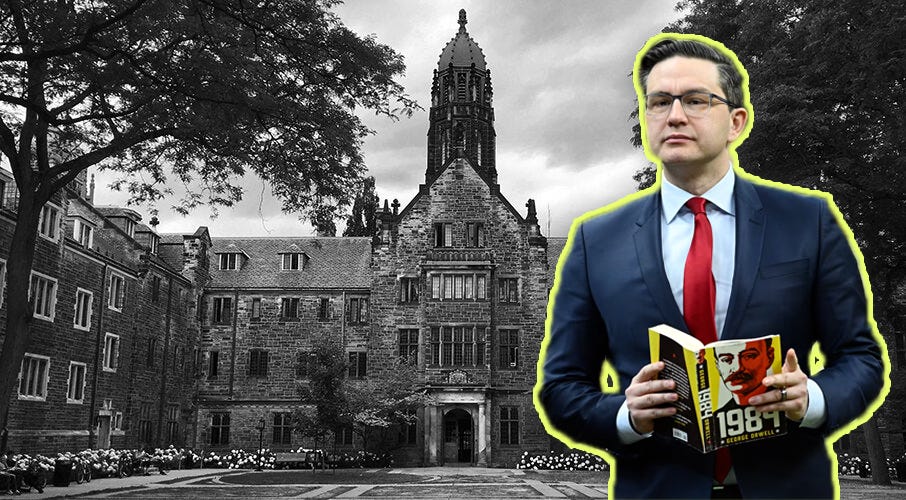
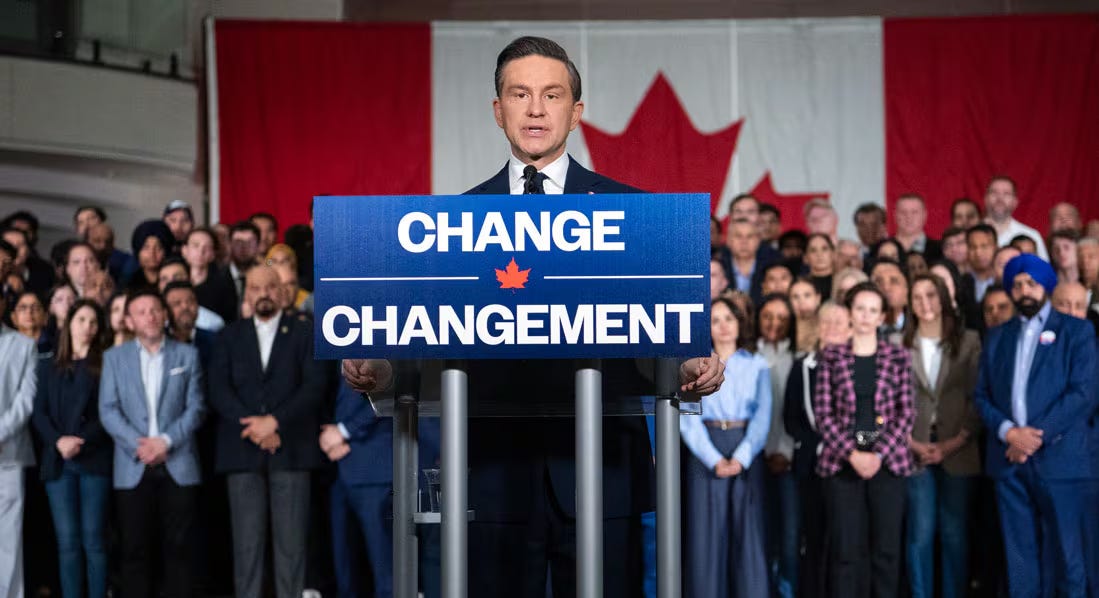
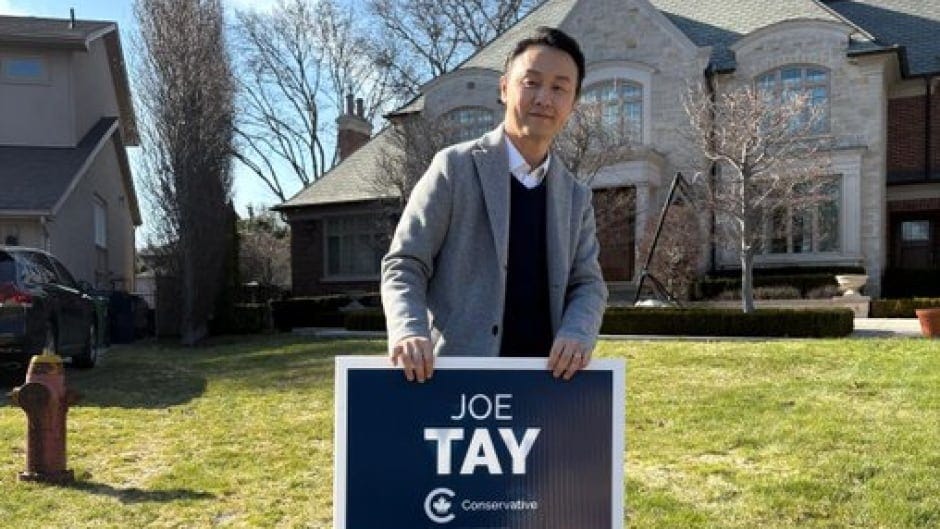


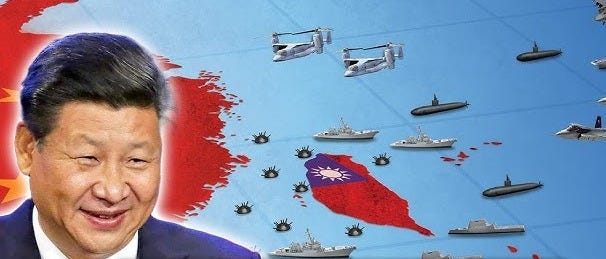

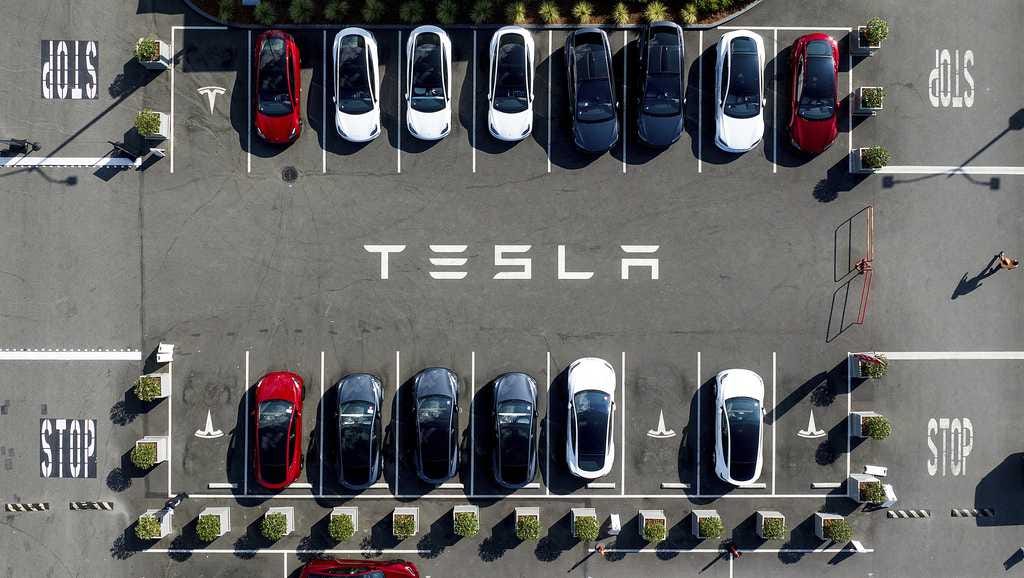



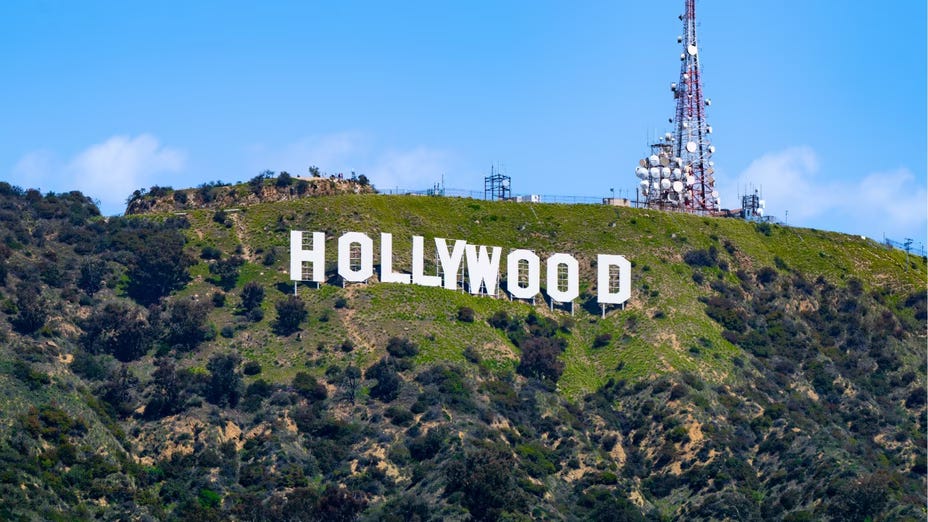

For the life of me, I don't understand why people believe that liberals are a safe vote 🥴